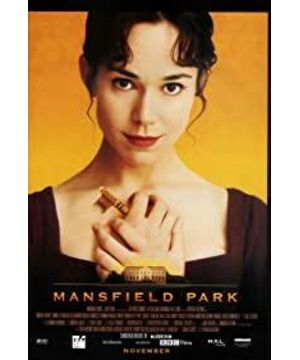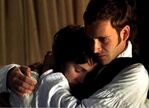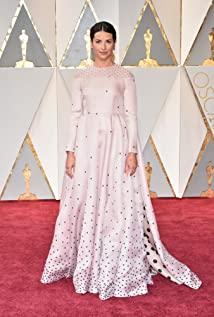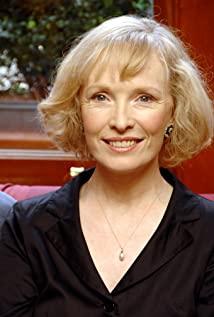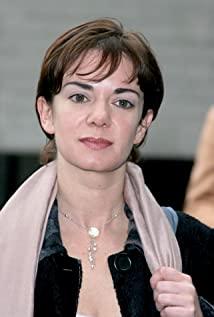Oh, how do you say it? Movies based on famous books are usually disappointing because we all have preconceived notions about the characters in the show. But after watching this film, I have to admit that even if I hadn't read the original, I wouldn't consider it a good movie.
Compare with the original first. Fanny in the novel is timid, frail, and sickly. She is a standard nineteenth-century lady, who speaks very little, and is somewhat passive (except for marriage), and is also a moral model. I don't think feminists, liberals and hippies like Fanny Price. Such a well-behaved girl certainly doesn't meet our modern aesthetic standards, so in the movie we see a near-new Miss Price: unkempt hair, unrestrained demeanor, great outdoorsman, loves to read, loves to write books (with a bit of reference to Austen's own signs), forward-thinking, standard modern woman. Girls want to see a heroine who is similar to themselves, so it is not difficult to understand that the screenwriter and director have drastically "perfected" the image of our poor Miss Price. As for whether this inspired the director of the 05 version of Pride and Prejudice, I don't know.
It should be said that there are no absolute bad guys in this Austen novel, only ridiculous ones. But we can clearly see that in this film, Sir Bertram becomes the "bad guy", a cruel slave owner (as seen in that picture book), a man who despises women, which is contrary to the novel of. As much as I love Austen, I have to admit that Jane will never be Tolstoy. She can only write "a few households in the country," and the ideas of slavery and the evil colonial expansion of capitalism may never get into her head. The adaptations in the film are feared to cater to modern audiences. The eldest son, Tom, also changed his appearance, from a playboy to a justice messenger with a deep chivalrous demeanor.
By the end of the film, the slavery issue is still there, unresolved and unresolved, and I really don't know how Fanny can eat the food on the table. "Sir Bertram gave up the field and replanted..." Does replanting eliminate slaves? I'm afraid it's just a nonsense made up for a happy ending.
Looking back at the movie itself, in just a few hours, it is necessary to reasonably explain the delicate emotional changes of the characters in the whole story. It is necessary to grasp the rhythm of the movie without making it appear abrupt. The director seems to be a little powerless, although I also Admit that they put in a lot of effort (Fanny riding in the rain in anger, Fanny's attempted kiss with Edmund, etc.).
It may be that I have watched too many movies. Throughout the whole work, the story lacks dramatic tension and wonderful climaxes. In fact, Miss Crawford's necklace and Fanny's first entry into the social world can be put into the movie. To emphasize Henry's so-called love, I always feel that Henry in the movie is just a paper man, not plump enough.
about the meaning of the film. I'm against reading and watching movies to summarize the central idea, but this movie is very interesting and seems to be an exhortation to young ladies: never marry just for money, but never just for love.
View more about Mansfield Park reviews


